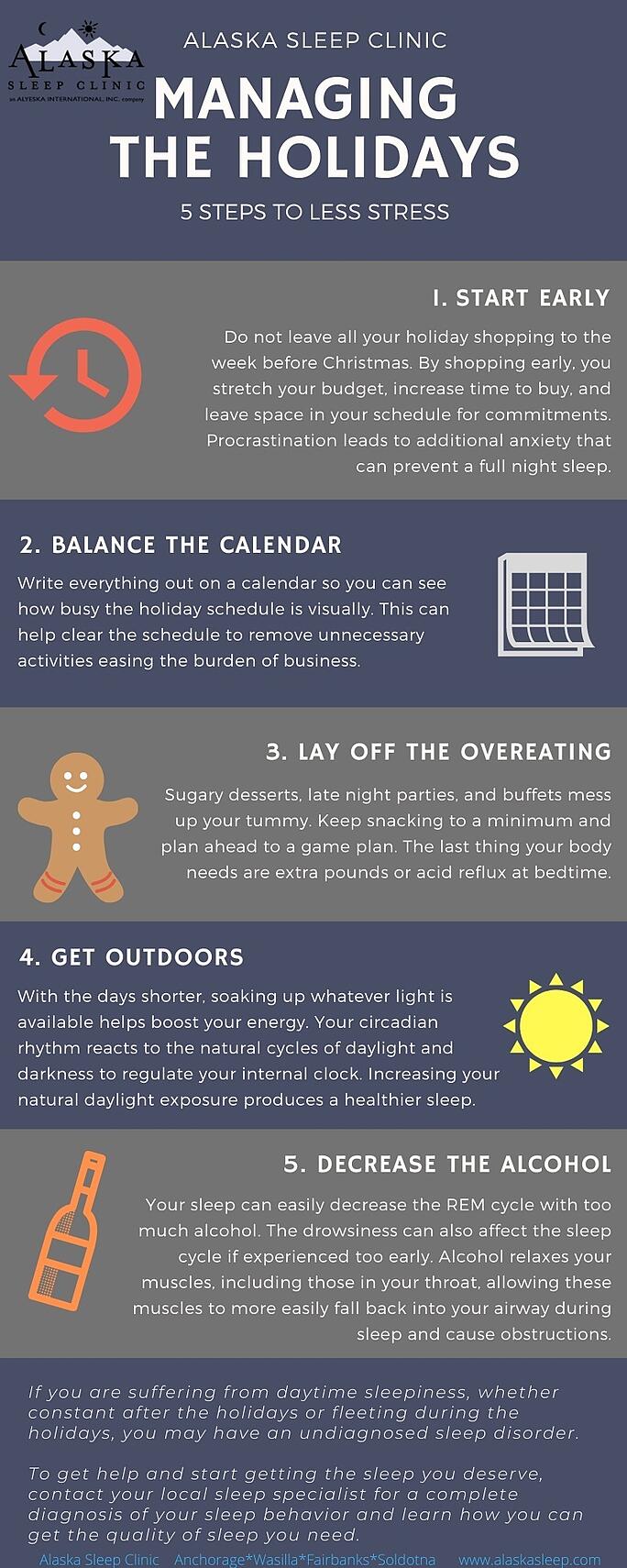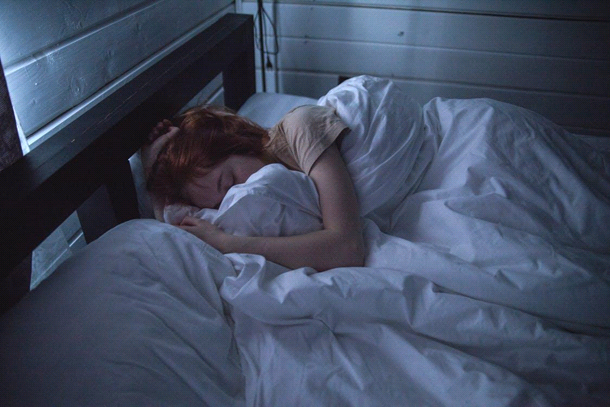Releasing Stress From Your Body
Sometimes stress is just mental or emotional, but at others it may even spill over into how you feel physically, and can have an impact on how your body feels. You may find yourself looking for ways to start relieving areas of stress on your body. This can be unpleasant, and may even be downright painful depending on how the stress is manifesting itself. The upside is, though, that it doesn’t have to be difficult to release stress from your body and start feeling better today. If you’re looking for ways to help your body feel more relaxed, at ease, and tension free, here are some things to try.
Try CBD
CBD can be beneficial not just for relaxing your mind and easing anxiety, but it can be helpful for relaxing your body, as well. While some may get CBD confused with marijuana because they both come from the hemp plant, the truth is that CBD is actually a different substance, and contains many of the healing and calming properties that hemp has, but not the psychoactive ones that are present in marijuana. This is because it does not have THC, the main ingredient that causes the high you get from marijuana. Additionally, CBD can come in many forms, from CBD Gummies to CBD gummies, so how you take it is up to you.
Do Yoga
Yoga can be highly effective at relieving stress from your body, especially if there are specific areas that you would like to target. Although exercise in general is beneficial for reducing stress, yoga has the added benefit of having a calming effect on your nervous system. This is due in part to the fact that yoga often requires you to focus carefully on your breathing and on your body as you move through poses, which blocks you from thinking about things that cause stress and makes you focus on the moment. Not only that, but because many yoga poses, like downward dog, or a spinal twist require you to move your body in ways that you typically wouldn’t throughout the day, you stretch new muscles and can release old tension that has been stored there. To get the most out of your yoga practice, it can be a good idea to do on a daily basis, if possible, for at least 15 to 20 minutes a day.
Try Deep Breathing Exercises
You don’t have to do yoga to get in better touch with your breathing, simply doing deep breathing exercises can be a great way to get in better touch with your body and to relax your nervous system. When you take a deep breath, through your diaphragm, it signals to your brain to calm down. This is why it is a common thing for some to pause and take deep breaths when they are upset. In addition to helping you relax, deep breathing can help you get in better touch with your diaphragm and core muscles, as well as help increase your lung capacity and breath quality.
Practice Meditation
Along with doing deep breathing exercises, meditation can be a simple way to calm down your body and relieve tension. Even though some may think it’s all about calming the mind, it can be a good way to get in touch with your body as well. This can be particularly true the more that you meditate and practice forms of meditation where you learn to focus on your body and the sensations that you’re experiencing. If you feel physically tense, but aren’t quite sure where it’s originating from or what you need to fix it, meditation can help you get a better sense of what you’re experiencing and the areas of your body that are the most tense.
Get a Massage
Getting massages can also be a straightforward way to start reducing the stress and tension levels in your body. Not only is getting a massage a relaxing experience, but it also releases tension and stress from your muscles, while improving blood flow and the circulation of your lymphatic system. Beyond that, it can even help improve skin tone as well as lubricate your joints. While all of these benefits can be great for anyone, they can be especially helpful for those who are experiencing stiffness or discomfort due to an injury like an overstretched muscle.
Try Acupuncture
Even though some may not quite be excited by the prospect of getting stuck with small needles, there can be benefits to trying acupuncture, especially if you’re experiencing tension and pain in your body. It works by having needles inserted into specific areas of your body, depending on what the issue is that you’re experiencing. The idea is that it will redirect blood flow and open up blocked energy channels within your body. Many who get acupuncture tend to go for a specific ailment or location where they’re feeling pain, however, it can be done by those that are looking to reduce general tension and stress, as well. Some may feel the effects of acupuncture immediately, while others may need to go to a few sessions before the begin to notice results.
Use Essential Oils
Essential oils don’t just smell nice, they can have tension relieving as well. This can be true no matter what way you choose to use them, too. Some may prefer to put a few drops of their favorite scent into a diffuser, or to dab a few drops on their wrist. Dabbing a few drops of an essential oil like peppermint on your temples can be helpful for taming tension headaches and migraines. Still, others may prefer to put several drops of an essential oil in a hot bath, and experience it that way.
Make Time For Laughter
So many people get caught up in the day to day grind of life that they forget to take some time just to laugh. Even though most know that laughing is fun and enjoyable, they may not know that it can also have some health boosting benefits as well. This is because laughter releases tension in the body, especially in the stomach, and floods your system with feel good hormones. While you may get added benefits from laughing when you do it with friends or family, because it can release bonding hormones, you can still get plenty of benefits from laughing even if you do it on your own, by watching one of your favorite sitcoms or funny movies, for example.
The Bottom Line
At times, stress may just be something that’s in your head, but at others, it could be causing tension and pain in your body as well. While this may not always feel easy to deal with, the truth is that there are many simple things you can do to start banishing stress in your body and feeling better today.
Anxiety and Trouble Sleeping
Too little sleep affects mood, contributing to irritability and sometimes depression. Vital functions occur during different stages of sleep that leave you feeling rested and energized or help you learn and forge memories. Sleep usually improves when an anxiety disorder is treated.
Practicing good “sleep hygiene” helps, too. Here are some steps to take:
- Go to bed and wake up at the same time every day, even on weekends.
- Daylight helps set sleep patterns, so try to be outdoors while it’s light out for 30 minutes a day.
- Exercise regularly (but not too close to bedtime). An afternoon workout is ideal.
- Keep naps short — less than an hour — and forgo napping after 3 p.m.
- Avoid caffeine (found in coffee, many teas, chocolate, and many soft drinks), which can take up to eight hours to wear off. You may need to avoid caffeine entirely if you
 have panic attacks; many people who experience panic attacks are extra-sensitive to caffeine.
have panic attacks; many people who experience panic attacks are extra-sensitive to caffeine. - Review your medications with a doctor to see if you are taking any stimulants, which are a common culprit in keeping people up at night. Sometimes it’s possible to switch medicines.
- Avoid alcohol, large meals, foods that induce heartburn, and drinking a lot of fluid for several hours before bedtime.
- If you smoke, quit. Smoking causes many health problems, including compromising sleep in a variety of ways.
- Keep your bedroom cool, dark, and quiet, without distractions like TV or a computer. Avoid using an electronic device to read in bed; the light from the screen can trick your brain into thinking it is daytime. If your mattress is uncomfortable, replace it.
- Reading, listening to music, or relaxing before bed with a hot bath or deep breathing can help you get to sleep.
- If you don’t fall asleep within 20 minutes of turning in (or if you wake up and can’t fall back to sleep in 20 minutes), get out of bed and do something relaxing until you feel sleepy.
What is Your Next Step?
If you cannot seem to get to the bottom of what triggers your anxiety and sleepless nights, call Alaska Sleep Clinic today. We are the only sleep lab in the state with a Cognitive Behavior Therapist specializing in sleep medicine, Dr. Angie Randazzo. Watch Dr. Angie’s KTUU “Moms Everyday” Segment on how stress affects sleep by clicking the video below.
We are ready to help you Improve Your Sleep and Improve Your Life.



